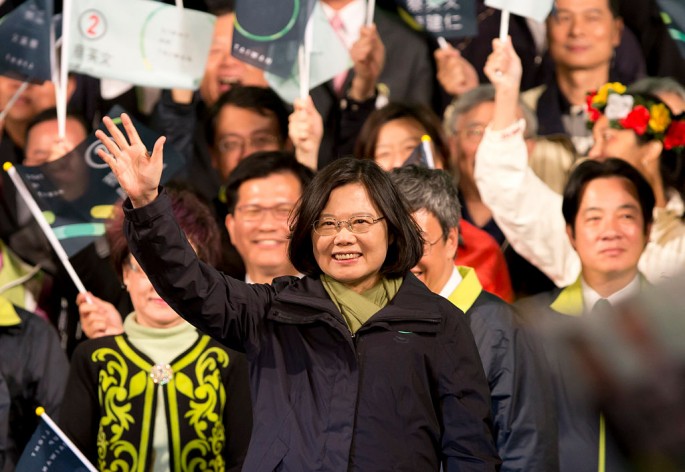One of Taiwan’s top diplomats believes that China’s recent maneuvers against the island’s new administration is a setback to cross-Strait relations.
Talking to the U.S. News, top Taiwanese diplomat to the U.S. Lyushun Shen said that the people of the island are becoming more upset at how the mainland is acting.
"This is why we feel outrageous and upset, because in a way, this is a setback in our cross-strait relations. Now they try to squeeze our diplomatic space further," the diplomat told the outlet, pointing out the previous deportations of Taiwanese telecom fraud suspects to China.
According to Shen, the deportations were only the most recent among China's actions that prove their intention to marginalize Taiwan.
Exercising Political Muscle
In April, China was able to convince Kenya to send to the mainland 45 Taiwanese nationals who were suspected of involvement in a massive telecom fraud after they were acquitted in the African nation.
According to the state-run Xinhua News Agency, the suspects were discovered to have victimized Chinese citizens from the mainland and should be "investigated, prosecuted and tried in accordance with mainland law."
According to Kenya, they sent the Taiwanese nationals to China because they believe in the "One-China" policy that dictates all residents of Taiwan to be under the jurisdiction of the mainland.
While this enraged Taiwan, they were not able to force China to hand over the Taiwanese nationals to the island and were even subjected to criticism by the mainland for having a weak justice system.
Aside from the deportation, China was also believed to have blocked Taiwan's participation in World Health Assembly later in May and has threatened to hamper any similar attempts from the island in the future, per a Reuters report.
Reason for the Antagonism
With all that said, there is no doubt about the extent of China's political and economic strength which, Shen believes, is being directed at the new administration of Taiwan.
According to him, the mainland is uneasy at the emergence of President-elect Tsai Ing-wen, who is under the Democratic Progressive Party (DPP) that has a different belief than the previously ruling Kuomintang or Nationalist Party.
Tsai's DPP sees Taiwan as an independent and sovereign state different from China, but the incoming president who will take seat on May 20 vowed to keep up what appears to be a difficult task of maintaining "status quo" while upholding democratic policies.
"Because the new government has not come in yet, it is probably a little bit too premature to say this is a foregone conclusion. But now we gather all the symptoms, here and there, and that's the only reason we can come up with," Shen added, asking U.S. News if they see another reason for the "political muscle flex."



























